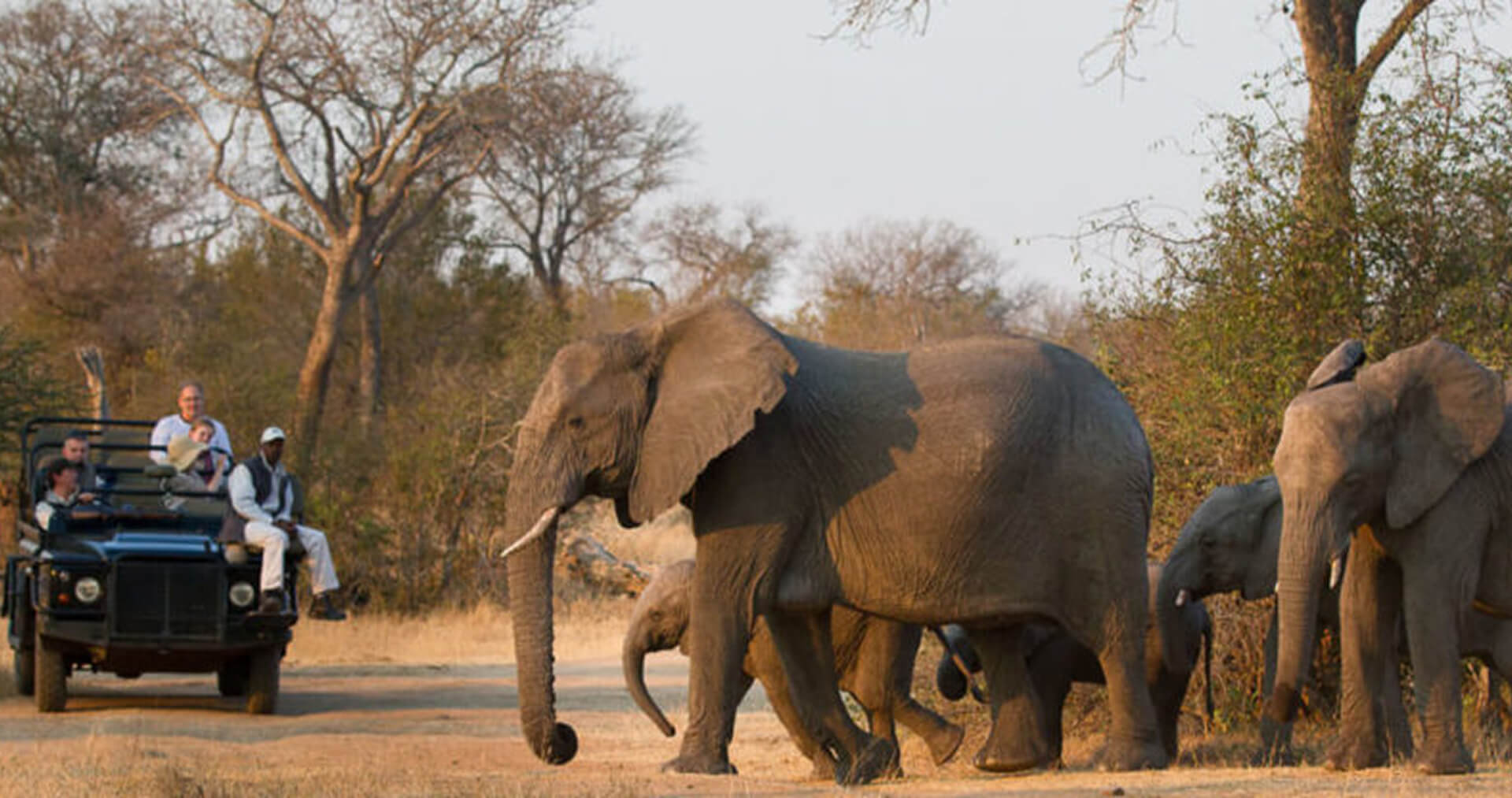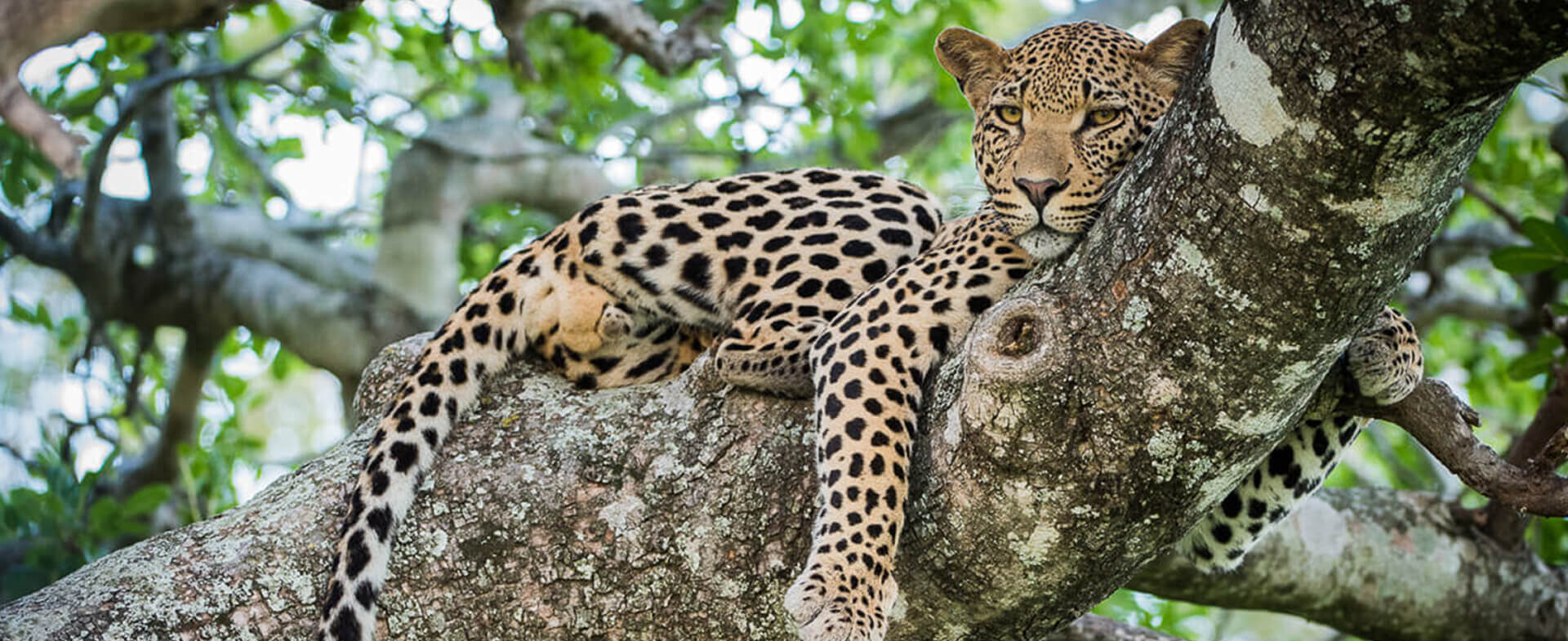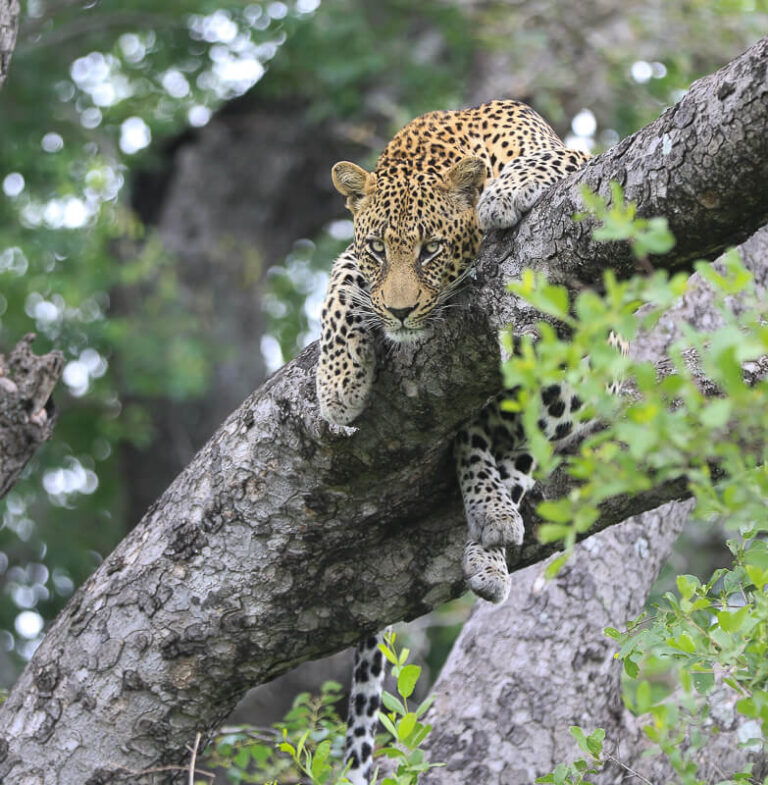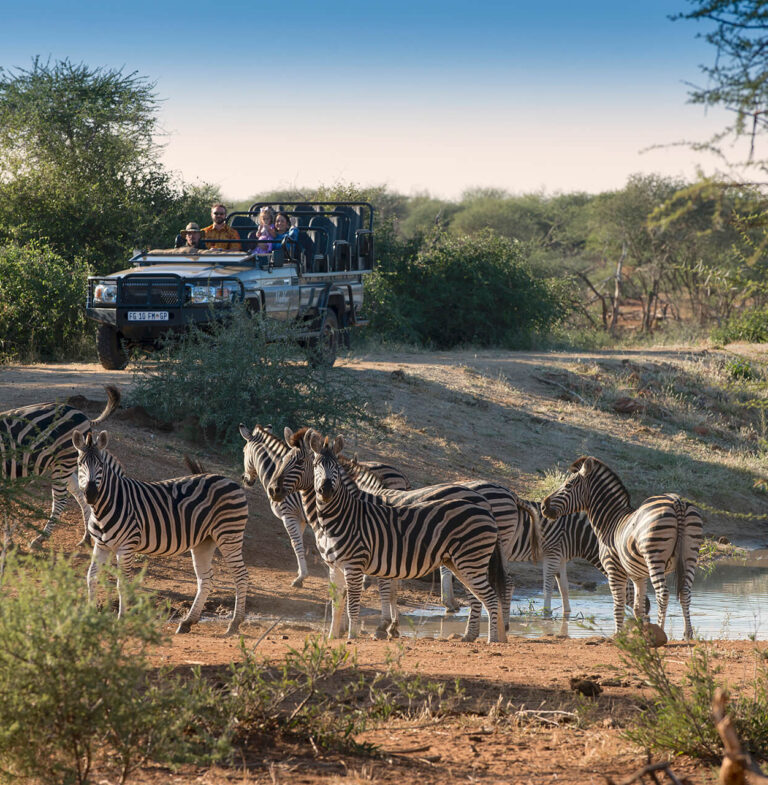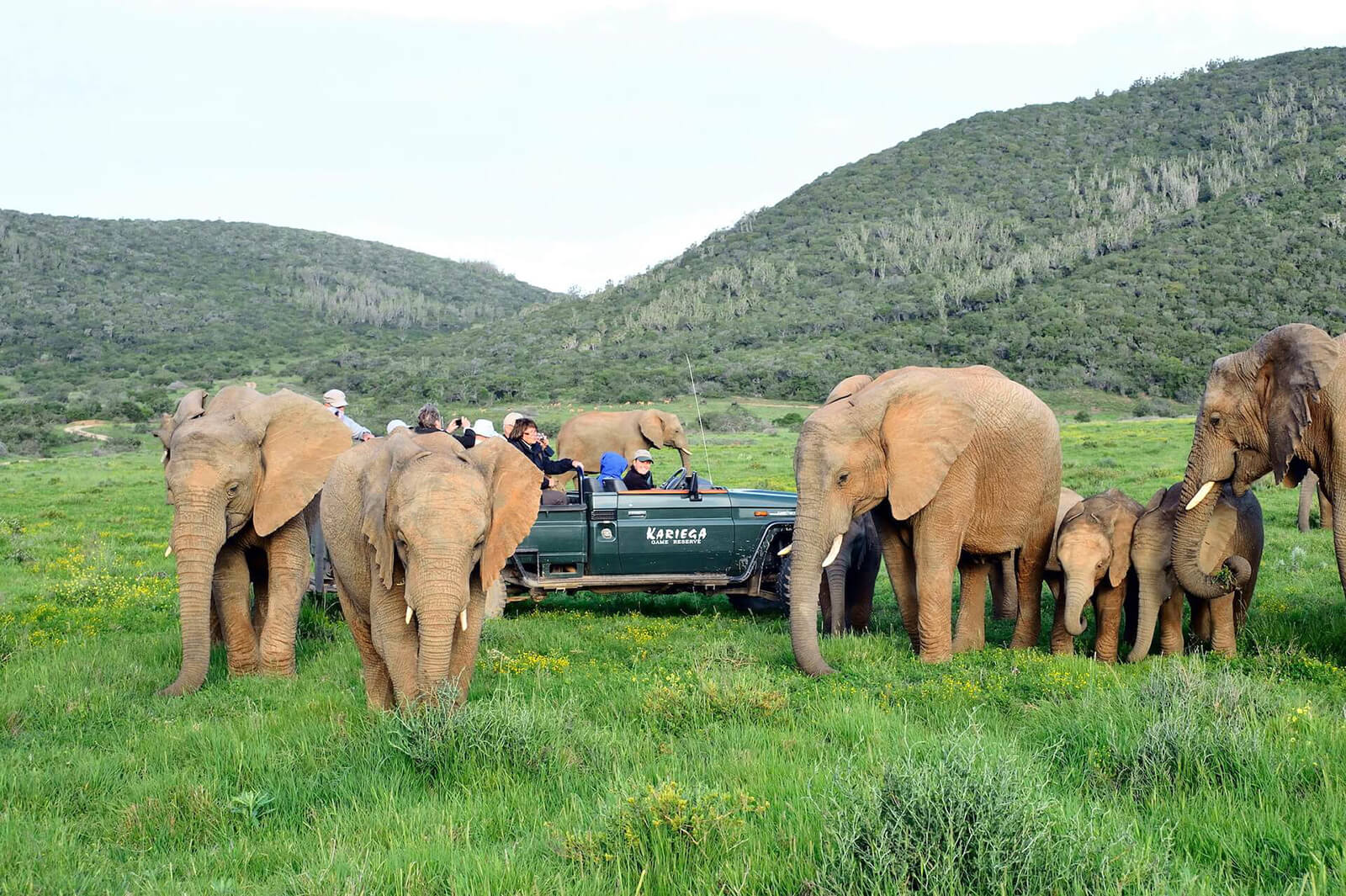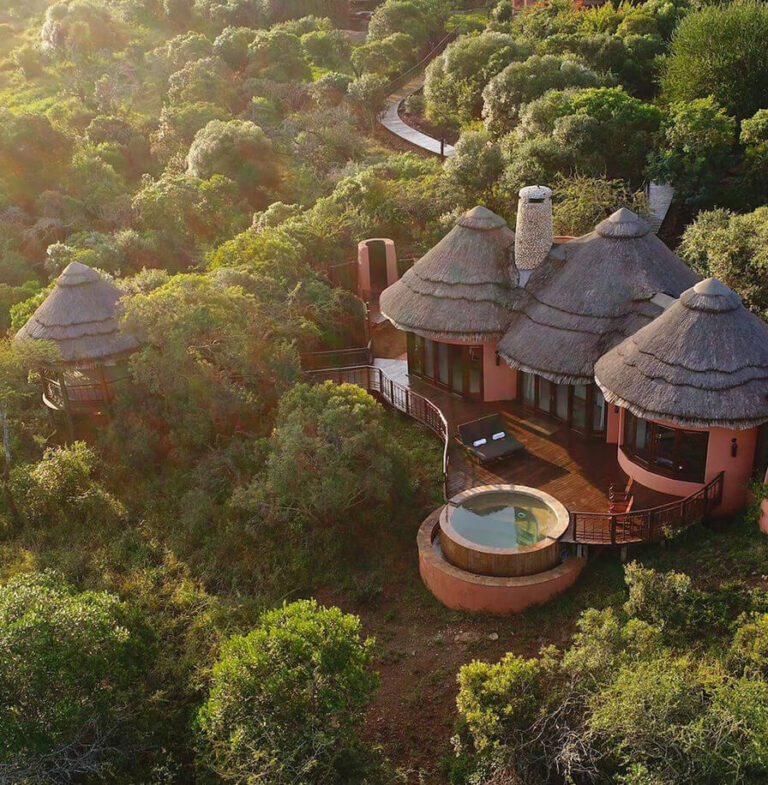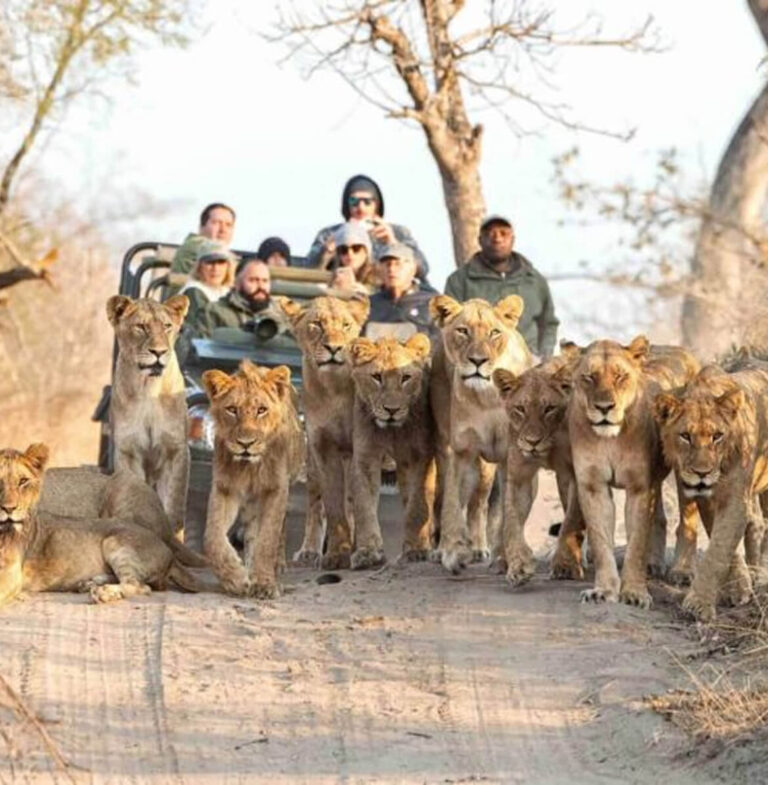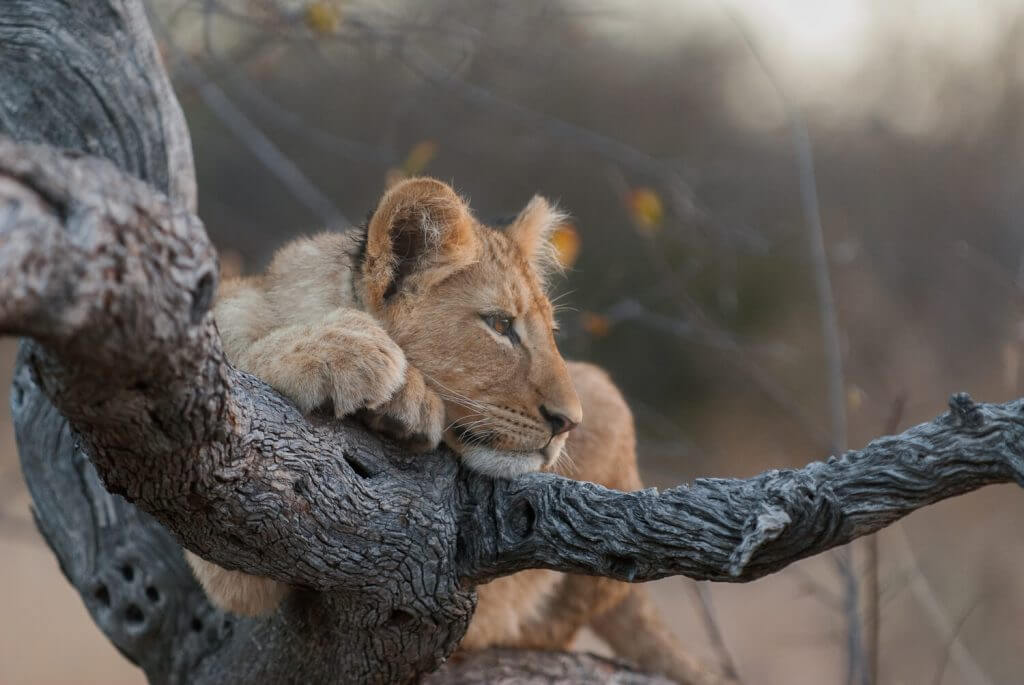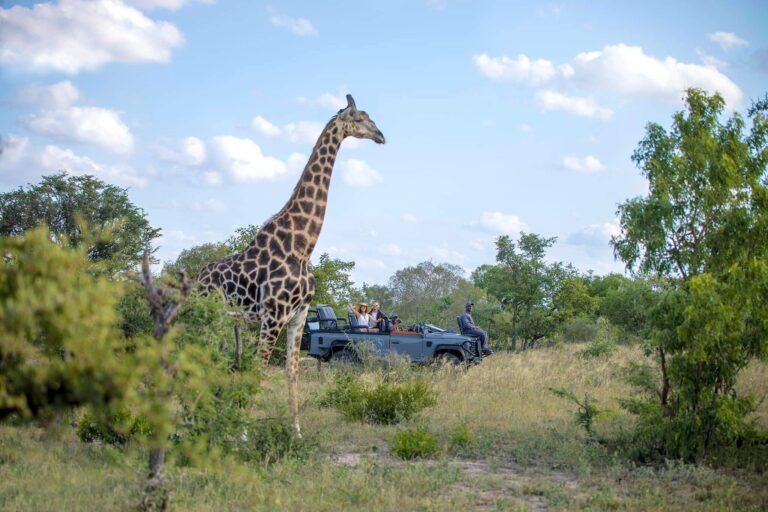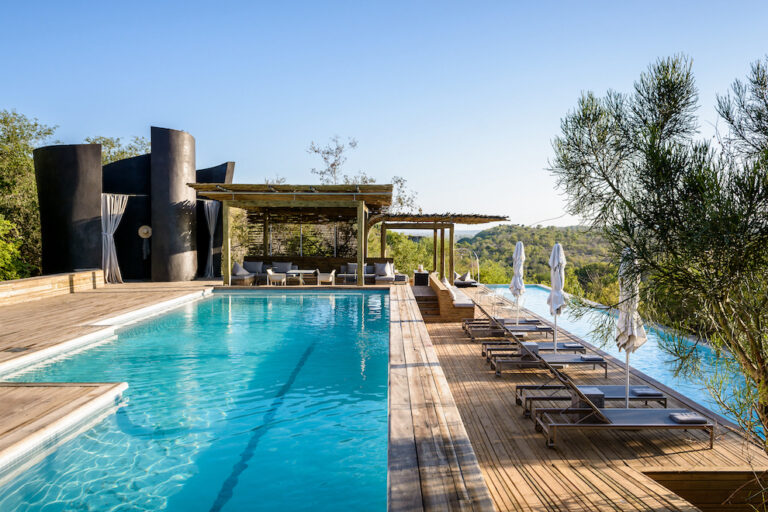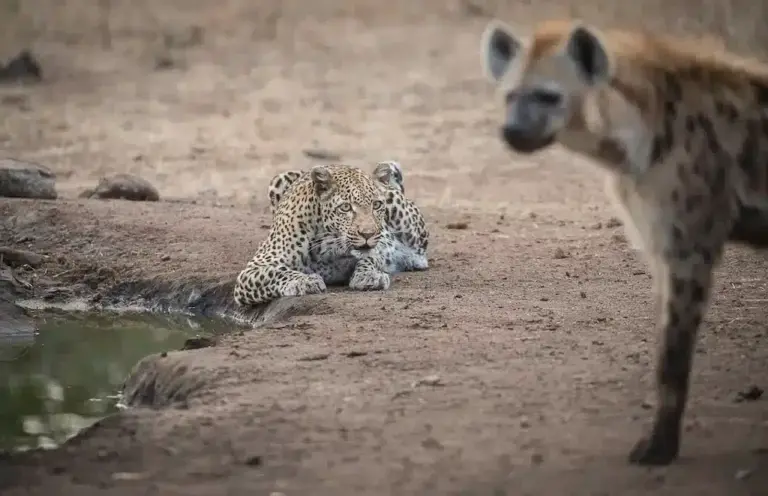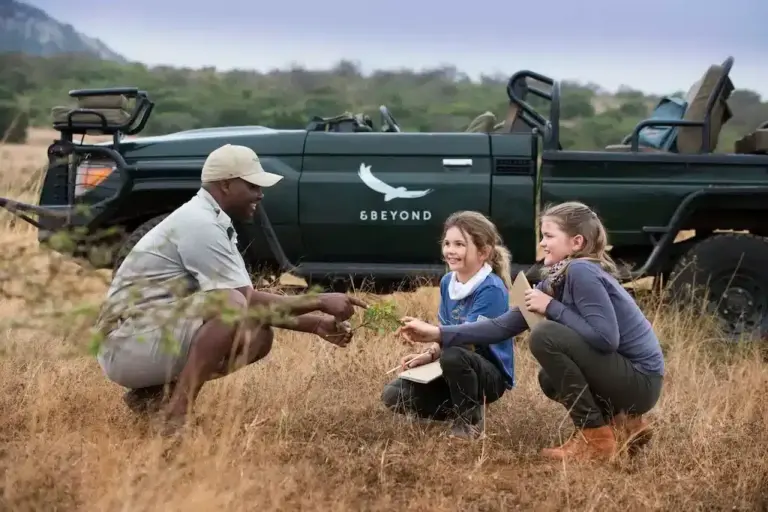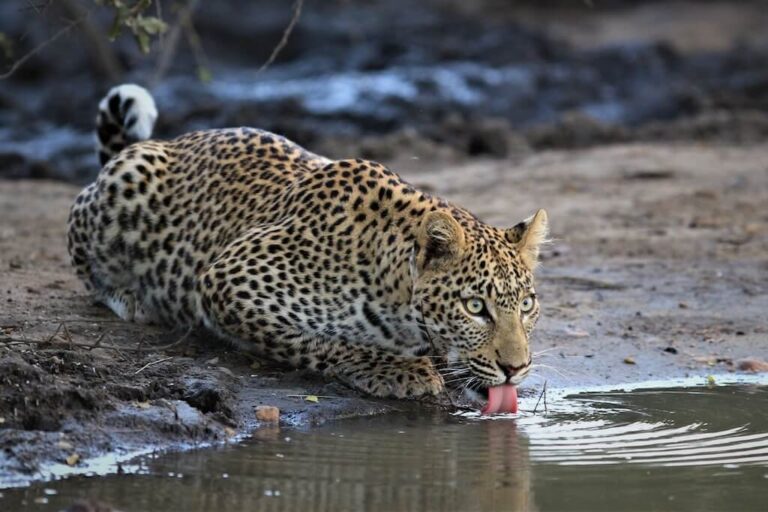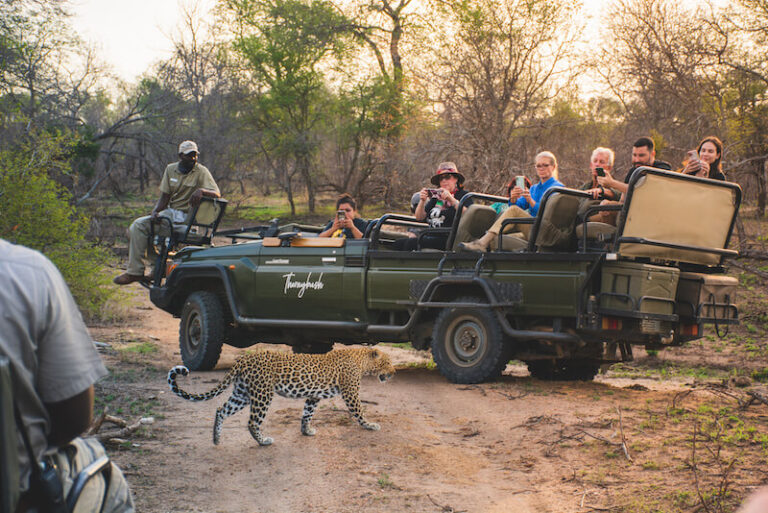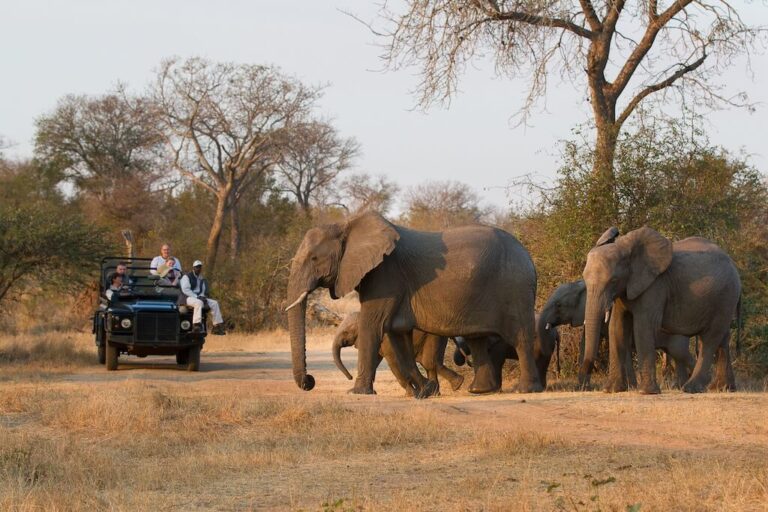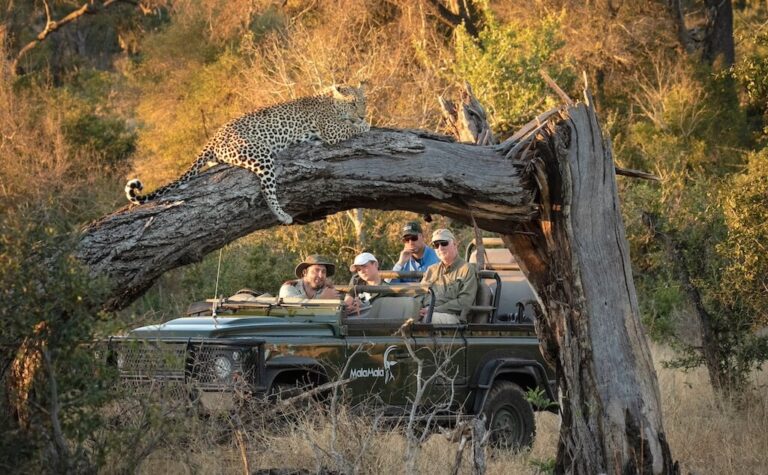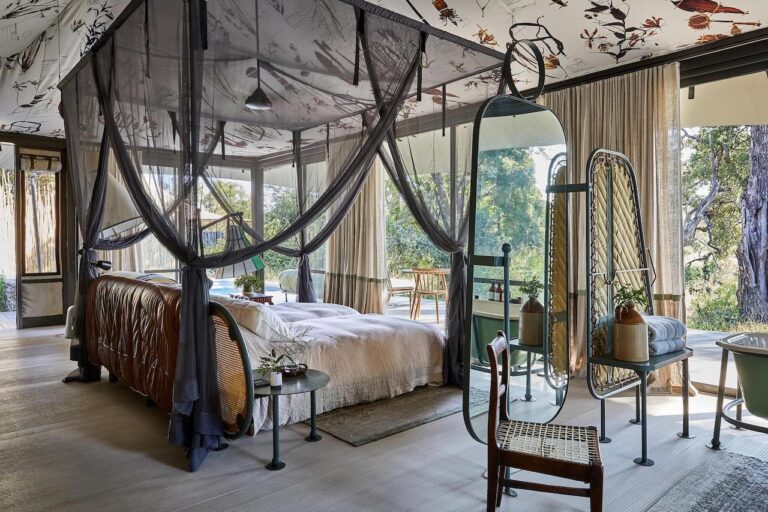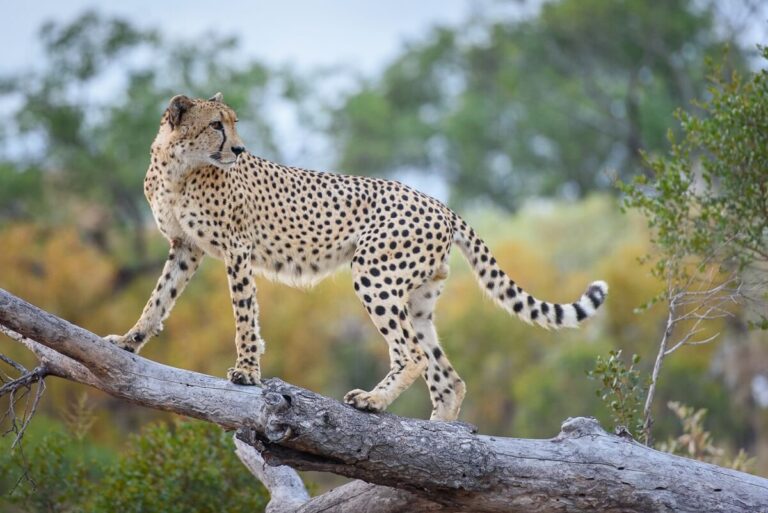Deemed one of the top tourist destinations in the world, there is little that South Africa does not offer. With 9 UNESCO World Heritage sites, eleven official languages and an extraordinary blend of traditions, a South African safari is a unique blend of contrasting habitats, landscapes and cultures. At the very tip of the continent the coastal scenery, majestic mountain ranges, Winelands and cosmopolitan city life offers an Africa-meets-Mediterranean experience. The area is home to a belt of endemic flora, providing a distinctive habitat for wildlife, small mammals, insects and reptiles of the region. Our range of luxury South Africa safari lodges blend right into this incredible African atmosphere, leaving guests memorized every step of the way.
The lush Garden Route follows the east coast of the country along untouched beaches, dense forest, and rolling mountain ranges towards the Eastern Cape, where dense elephant populations roam. Further along the coast, KwaZulu Natal’s tropical climate is the perfect winter getaway, where oceans are warm year-round. Known for its proud Zulu heritage and impressive conservation efforts, the area boasts extraordinary Big 5 encounters. To the north of the country lies the renowned Kruger National Park where landscapes are vast and the bushveld is dry. The Kruger National Park and Sabi Sands Game Reserve is know to have the best luxury South Africa safari lodges as well as the countries most densely populated landscapes. This is true African safari land where world-class game rangers wait to reveal the secrets of the African bush. With unique accommodation features and activities for honeymooners, families, and solo travellers, a safari in South Africa is an extraordinary journey into the wild.

Can't Find What You Looking For?
Visiting such a diverse country necessitates some expertise to determine which area, lodge and transport will suit you best. Whether you are a family, couple or traveling solo, we’ll guide you to the perfect place for an incredible safari experience
Stay in Style.
Sleep in the Wild
We partner with only the most intimate, trusted lodgesach offering world-class
comfort, unforgettable locations, and exceptional service.
Featured Holiday
Packages
Thoughtfully designed, fully supported itineraries to inspire your perfect journey.
Ready to start planning your safari?
Contact Us
Safaris Down South

